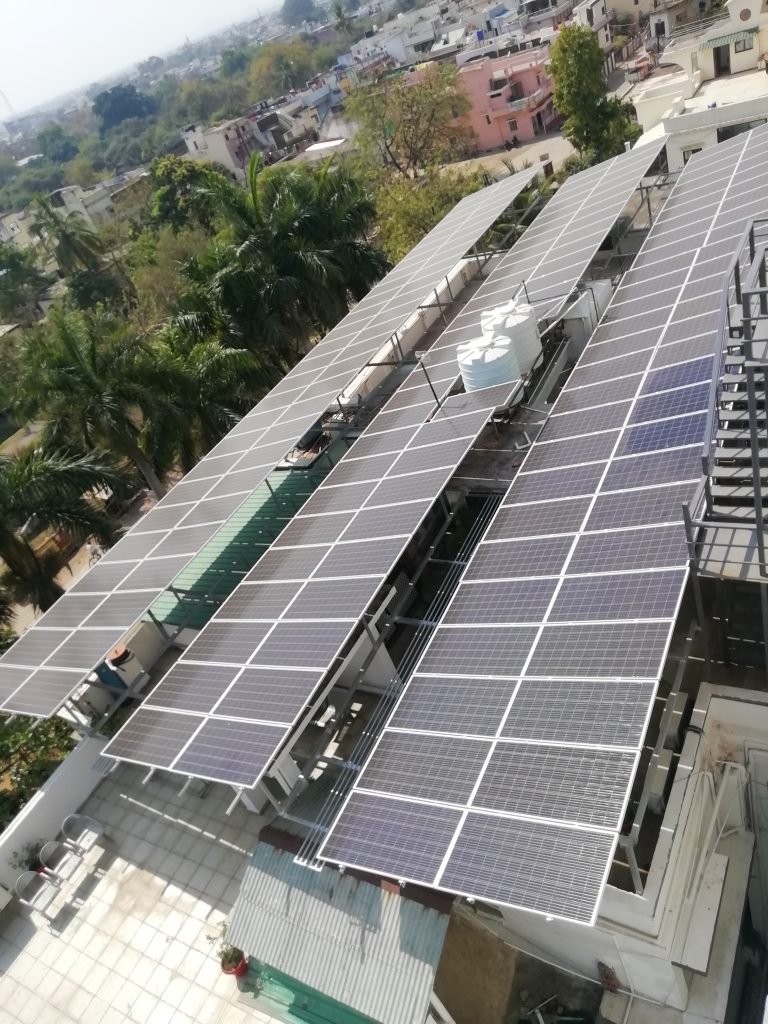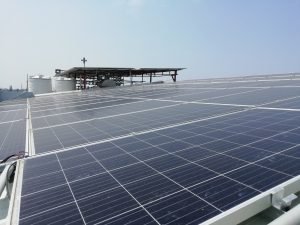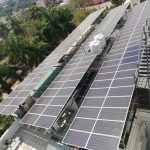
What Is Solar Energy?
Solar energy is defined as the transformation of energy that is present in the sun and is one of the renewable energies. Once the sunlight passes through the earth’s atmosphere, most of it is in the form of visible light and infrared radiation. Plants use it to convert into sugar and starches; this conversion process is known as photosynthesis. Solar cell panels are used to convert this energy into electricity.
Solar Energy Advantages and Disadvantages
Advantages of solar energy are:
- Clean: It is considered to be the cleanest form of energy as there is no carbon dioxide emission like in the case of fossil fuels which is one of the causes of global warming.
- Renewable: There is ample energy available on earth as long as the sun exists.
- Reliable: The energy can be stored in the batteries, so there is no unreliability.
- reduction in utility costs.
- Free energy because it can be trapped easily.
Disadvantages of solar energy:
- The production is low during winters and on cloudy days.
- Installation and the initial cost of the materials are expensive.
- Space consumption is more.






These hobbies round us out as people. They allow us to stretch some creative, competitive muscles while keeping the stakes at a nice.
Take a break from your Jim Rohn collection to read some romance novels without feeling guilty. Write a short story without worrying about whether it’s good.